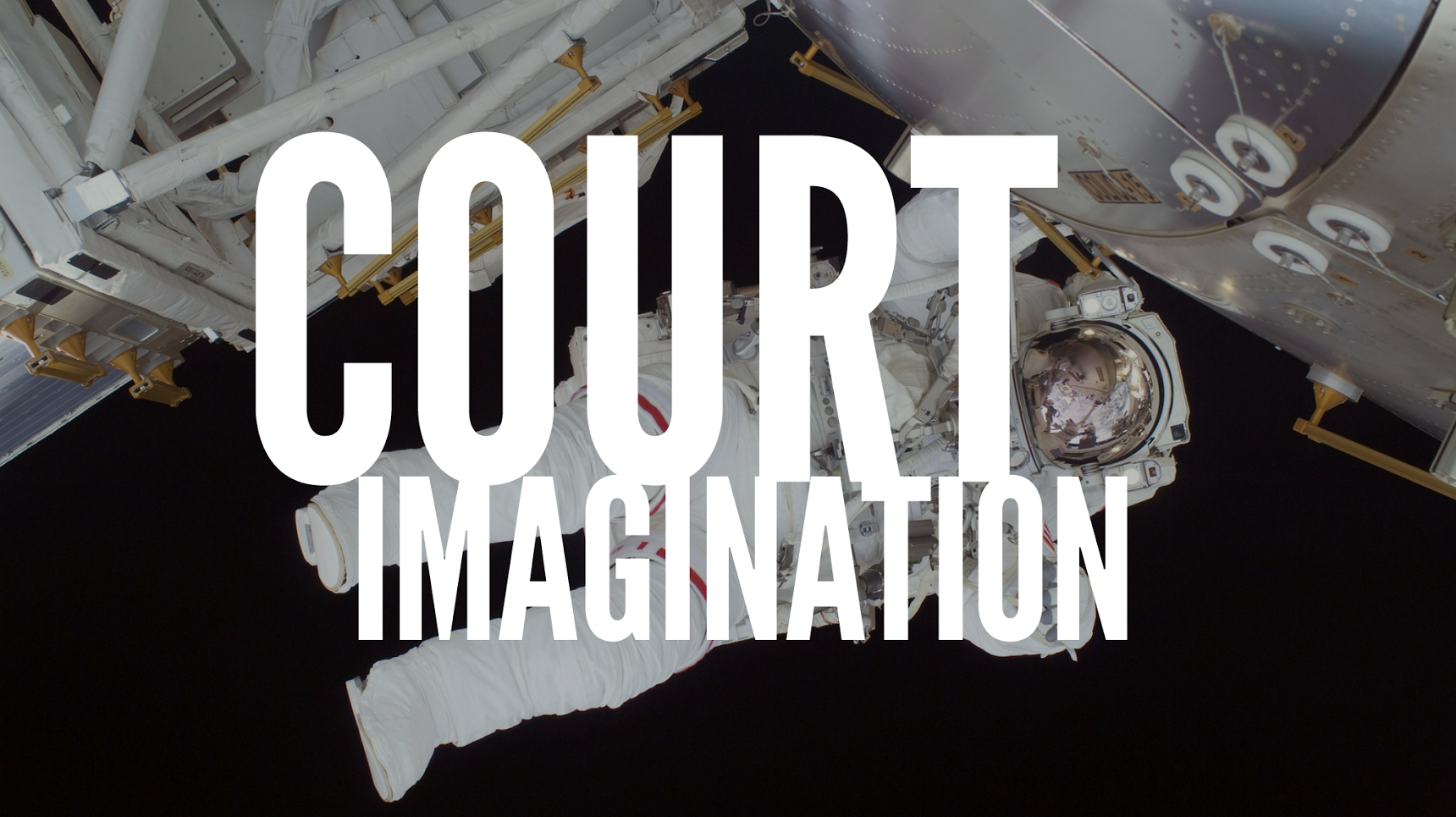Christianity has always courted great imagination. In the earliest days of our faith, that creative capacity manifested in parables and fables and apocryphal legends designed to illustrate godly behavior. As our faith advanced in step with our culture, more and more great works of music and fine art were added to the compendium of sacrosanct imagination. As the Enlightenment began to wane, however, there emerged a new voice within the Christian faith that brought back the old beauty of fantasy, wed now to the new intellectualism of the modern mind.
“One difference between God’s work and man’s is, that, while God’s work cannot mean more than he meant, man’s must mean more than he meant.”
https://en.wikiquote.org/wiki/George_MacDonald
I first learned about George MacDonald after realizing he was the same person C.S. Lewis, J.R.R. Tolkien, G.K. Chesterton, and Madeleine L’Engle all credited as their greatest influence. I love these other authors, and figured MacDonald was worth an investigation.
MacDonald was a brilliant thinker on the topic of creativity and imagination, reminding us that “the best way to manage some kinds of painful thoughts, is to dare them to do their worst; to let them lie and gnaw at your heart till they are tired” (Phantastes 1858). And MacDonald is correct is point out that creativity is painful (see http://www.huffingtonpost.com/christopher-zara/tortured-artists_b_1605509.html)—whether because of the demons we are trying to exorcise through our work, or the interior-monologue that tells us we are vain and unoriginal (footnote: No one has provided a better understanding or better coping mechanism for this “Resistance” than Steven Pressfield in “The War of Art”, who maintained “there never was a moment, and never will be, when we are without the power to alter our destiny. This second we can turn the tables on Resistance”), or the simple-complexity of bringing something new to bear (see https://goinswriter.com/pain-creativity/). Which, again, is why he reminds us that, when we work through the pain—refusing to succumb, and relentlessly working forward, we will “find you still have a residue of life they cannot kill” (Phantastes 1858).
Imagination is the overlap between emotion and intellect. It’s not replication, but generativity.
“Why are all reflections lovelier than what we call the reality? — not so grand or so strong, it may be, but always lovelier?”
Phantastes (1858)
fossores
Related posts
Categories
Category Cloud
Tag Cloud
Recent Posts
- Victors and Victims November 6, 2018
- 3 Hacks for Happiness October 29, 2018
- Hope Against Death September 20, 2018
- The Shape Of The Cross September 19, 2018


